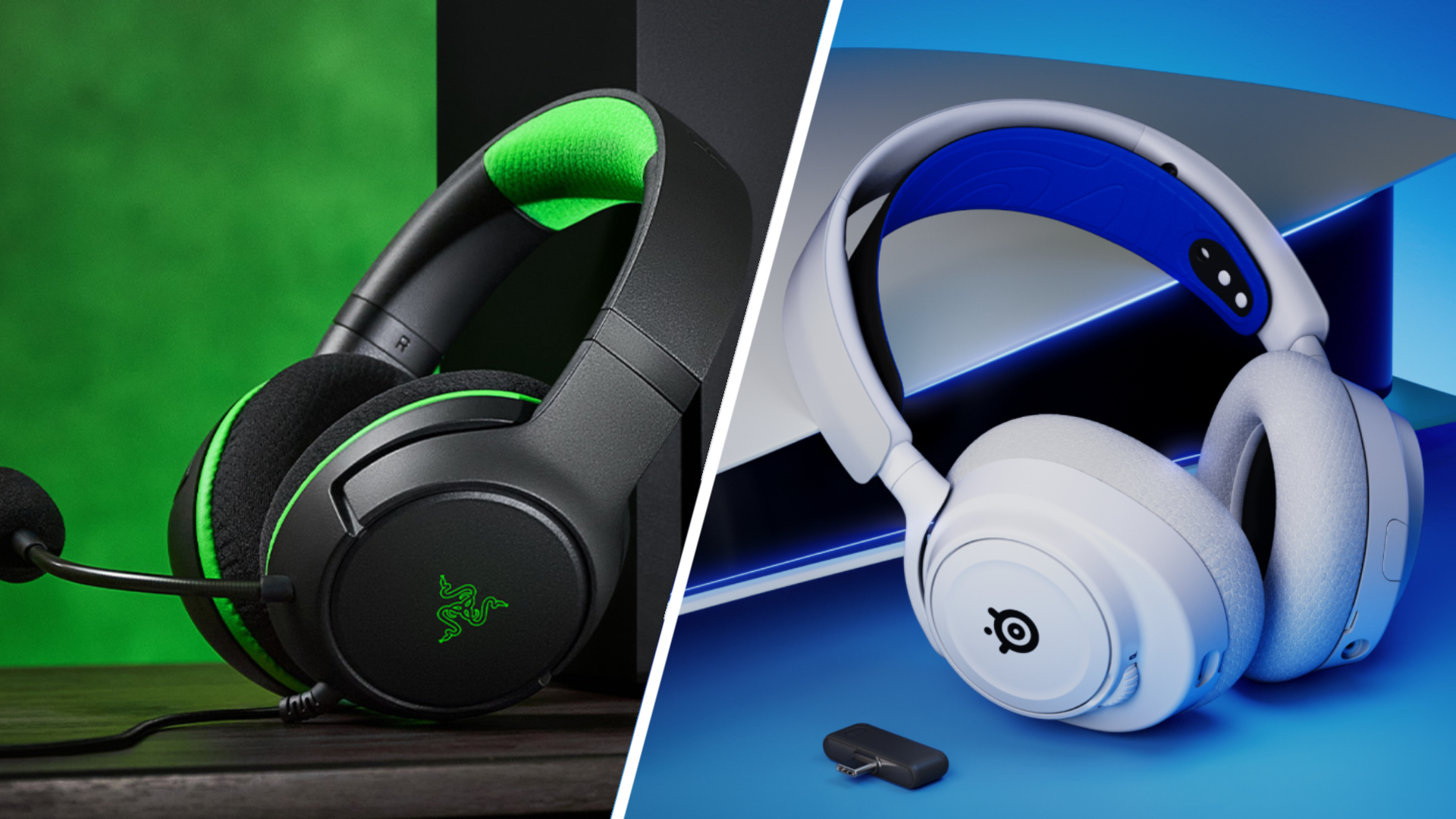
Sign up for breaking news, reviews, opinion, top tech deals, and more.
You are now subscribed
Your newsletter sign-up was successful
Knowing which way to go when it comes to the wired gaming headset vs wireless gaming headset matchup will come down to a handful of key factors. These are important all things to consider and could well prove critical in making a purchasing decision between the two if you're weighing up the two options.
Gone are the days when wired headsets were simply the best for audio quality; as are the days when wireless headsets were just prohibitively expensive by default. The gaps between the headset types are getting narrower than ever, so you might find yourself looking for some help choosing between them.
That’s where we come in. We’ve been testing gaming headsets for years and definitely know a thing or two about what both types can offer you. We also know the best broad characteristics to consider when choosing a headset to buy. Whether you're looking for a PS5 headset, PC headset, or Xbox Series X headset, we'll help you get to where you need to be when it comes to the connectivity choice. Let’s get into it.
Wired vs wireless gaming headset - Design & features
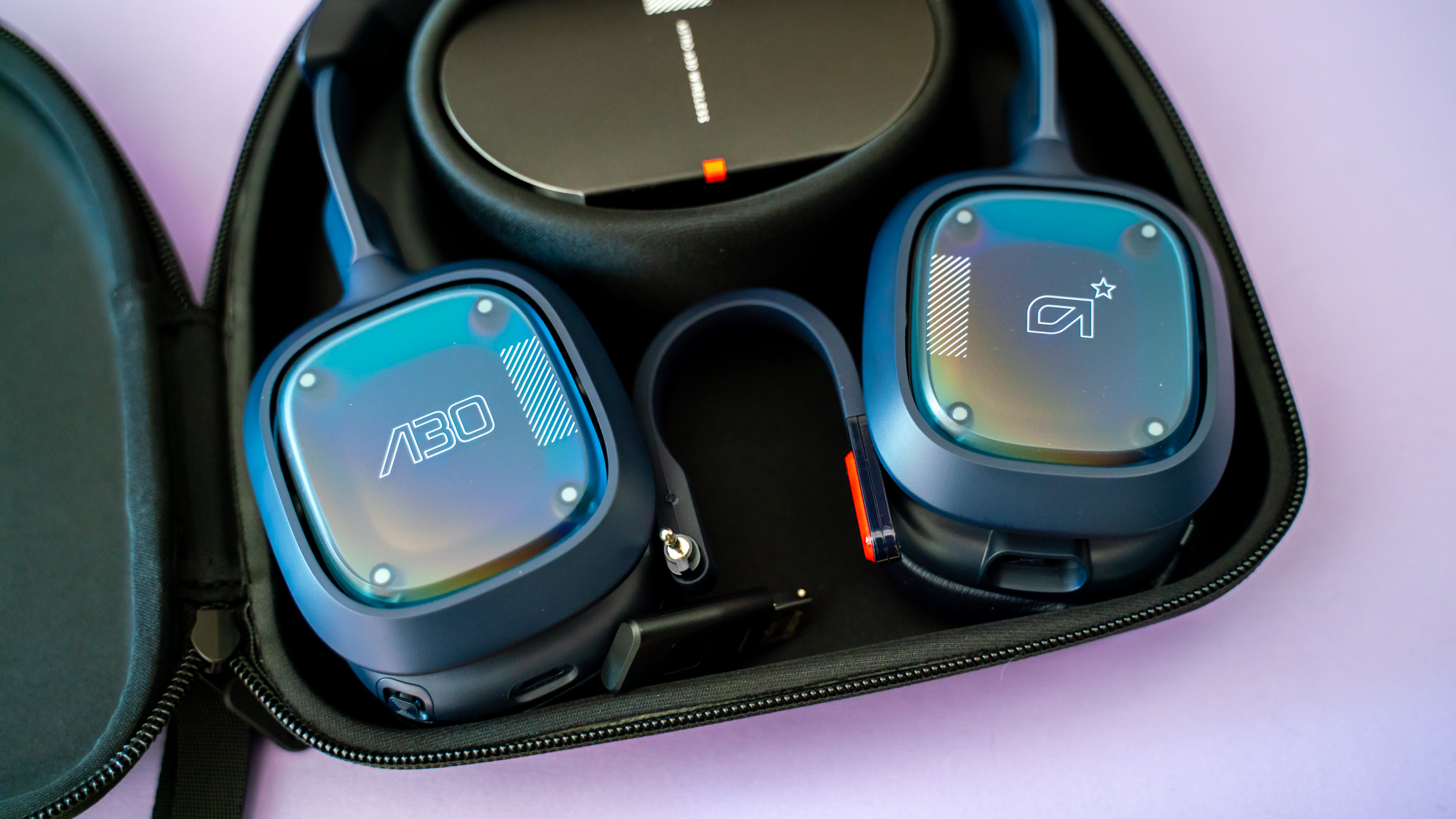
In terms of form and design, there’s nothing really to differentiate a wired or wireless gaming headset. Both will offer two earcups, finished with some form of soft material, connected by a headband, often made of plastic or metal or even a combination of the two.
As price tags start to climb on both types, however, you'll start to see more features added, be that detachable or retractable microphones, extra onboard controls, larger or higher-grade drivers, or even bespoke brand-specific features like specific audio profiles or extra customization.
Companion apps and software, be it on mobile or PC, are also more common than ever across the two types of headset. I’ve had positive experiences with the Astro A30 Wireless headset being augmented by the Logitech mobile app, for example, as well as using Razer’s Synapse app and THX Spatial settings with the BlackShark V2 wired headset.
Thus, as with many gaming peripherals, you’ll often get more features as your budget grows. As a result, it’s a good idea to think about which features are must-haves for you, as well as which ones you can do without.
Sign up for breaking news, reviews, opinion, top tech deals, and more.
Wired vs wireless gaming headset - Performance & Use cases
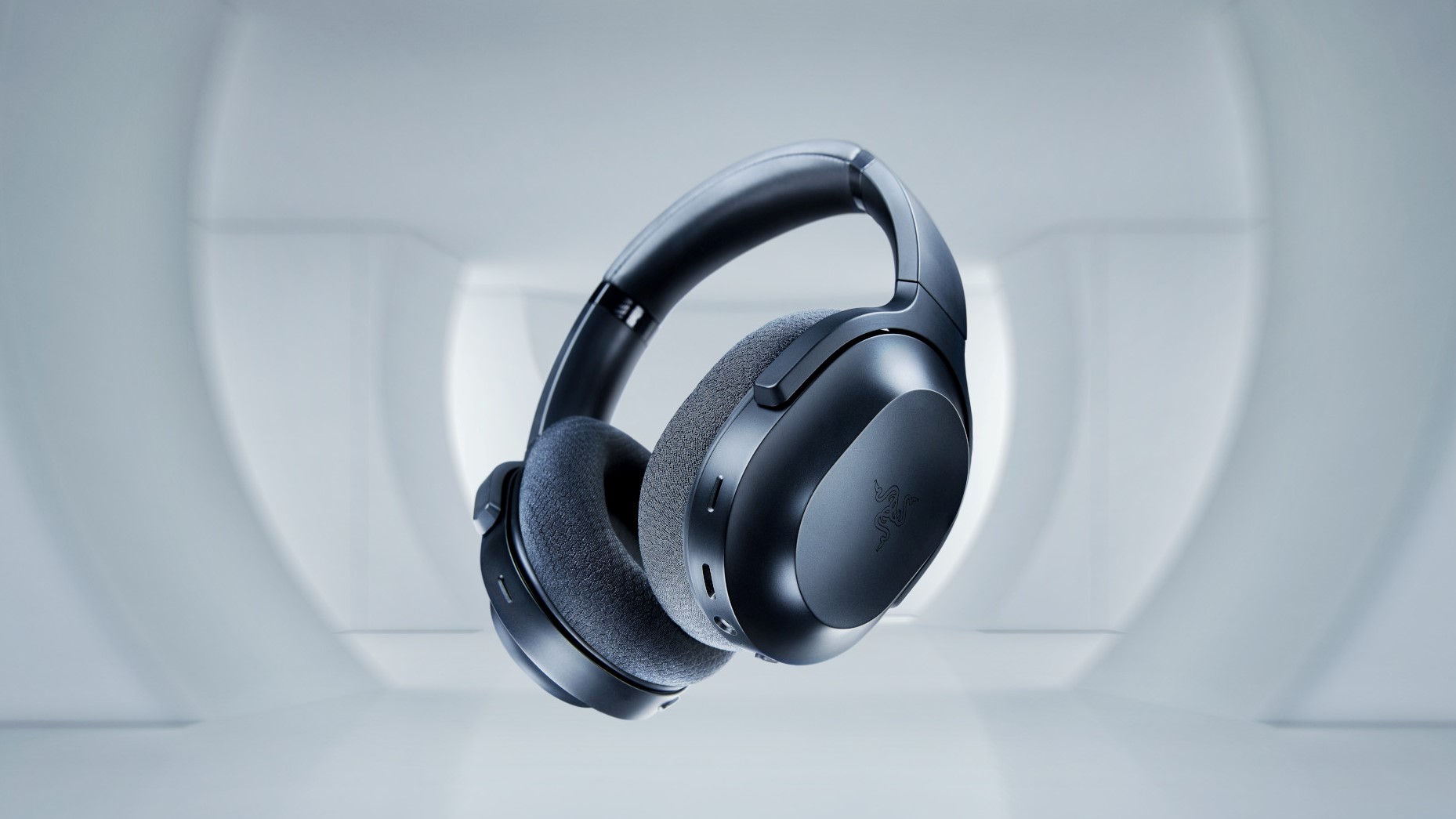
In 2024, the base performance of a wireless or wired headset is going to be extremely similar. What we mean by that is, both will be acceptable performers across games and most will offer robust audio quality. Even a lot of brands cheapest headsets have drivers and audio designs that are inspired by or have features found in the more premium models, often sharing the same tech. The same is true of the headsets’ microphones too.
If you want to rule out any latency, perhaps for competitive play, then wired headsets will always be the best performers in that respect. A wired connection will offer as close to zero latency than any wireless headset can get near. Now, I personally think that wireless headsets are good enough nowadays that latency is not an issue for most players. Brands have now devised their own proprietary wireless connections (Razer’s Hyperspeed connection or Sony’s new PlayStation Link tech, for example) to cut down delay even further. But if you want to remove even the slim chance of latency, a wired headset is the one to go for.
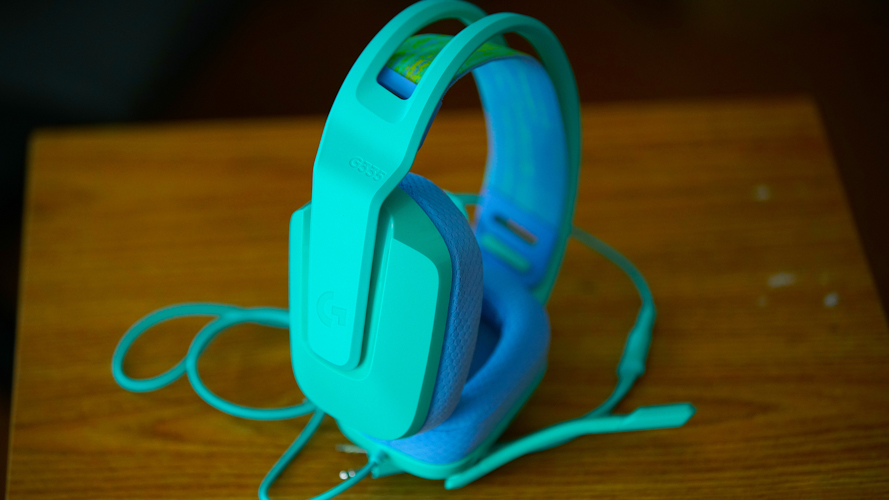
Wired headsets also won’t require charging, so they’ll never run out of juice when you want to play. Offsetting that is the fact that wireless headsets in 2024 have more than enough battery life to last for the longest of gaming sessions - the HyperX Cloud Alpha Wireless claims to offer up to 300 hours of battery life! (In my review of that headset for sister-site GamesRadar, I had to stop counting after the 110-hour mark.) We’re also seeing ingenious battery solutions provided by the likes of the SteelSeries Arctis Nova Pro Wireless and Turtle Beach Stealth Pro that offer swappable battery packs, ensuring you’re even less likely to run out of power.
Where there remains a clearer difference however is in use case, versatility, and compatibility. In short, wired headsets still have it over wireless sets when it comes to sheer versatility and also multiplatform use. There’s nothing simpler than unplugging an audio jack from a DualSense on PS5 and then attaching it to an Xbox controller, PC, or Nintendo Switch. Wired headsets still offer this and it's a great advantage.
While the barriers are coming down for wireless multiplatform headsets, we’re only just starting to see mainstream models offer this, such as the Astro A50 X, for example - but such headsets are often premium models and certainly cost more than wired alternatives. If you game on a couple of platforms - like PS5, Xbox, and PC - then such choices will be sound, but there are very few headsets that will serve a multiplatform setup from Nintendo Switch to PC, from mobile to console, perfectly seamlessly.
Wired vs wireless gaming headset - Price & value
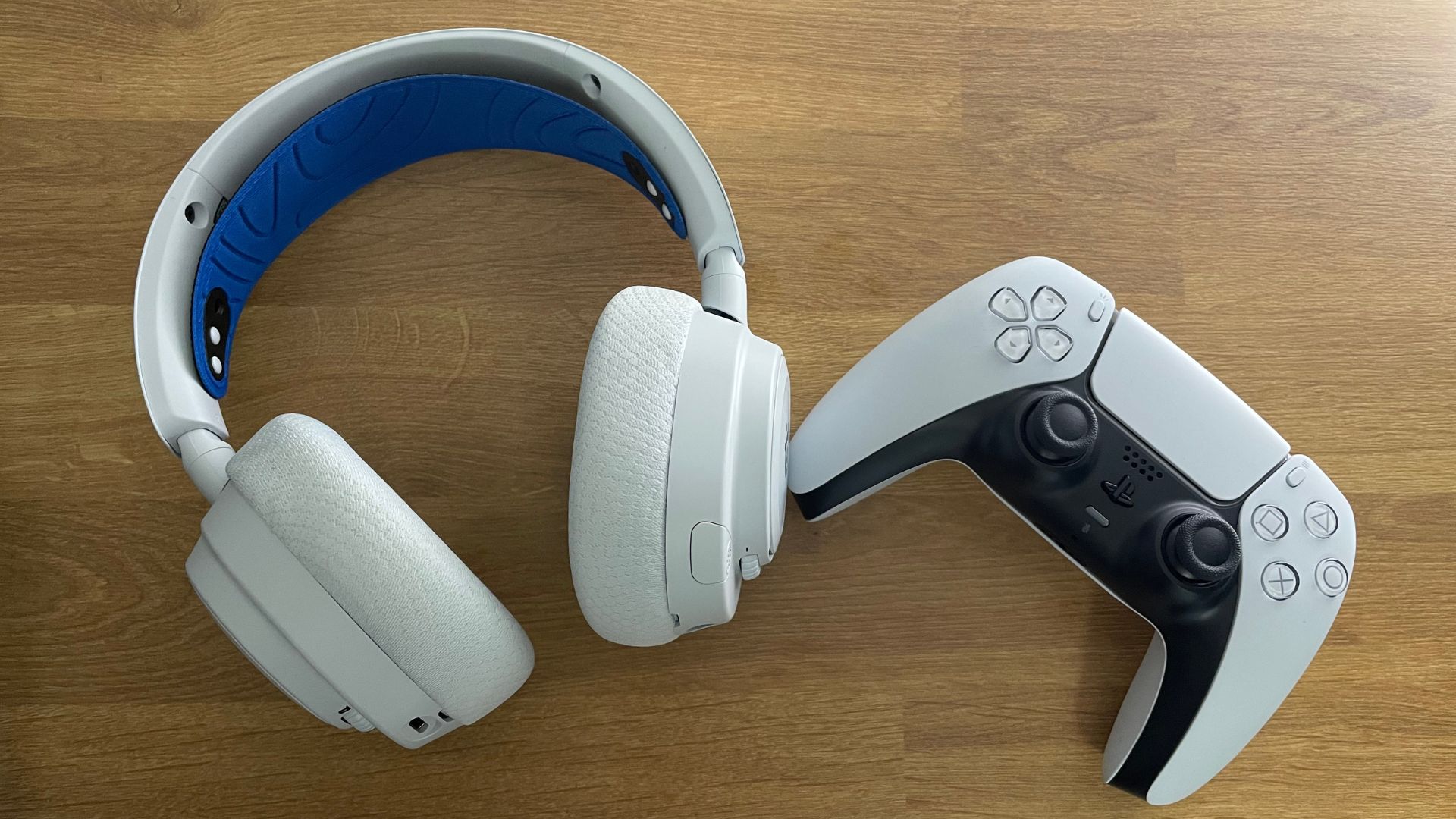
Broadly speaking, the price divide between wireless and wired gaming headsets has traditionally been that wireless sets will cost more than wired ones. The extra tech required to go wireless just costs more to produce, leading to higher prices. While this divide has become less black and white in recent years, it’s still present - and certainly enough to help guide purchasing decisions.
The most premium gaming headsets are still those that offer wireless connectivity, often featuring the broadest array of features. Headsets like the aforementioned Astro A50 X and SteelSeries Arctis Nova Pro Wireless are some of the best in the business but both have list prices that easily clear the $300 / £300 mark - even though both are from the small pool of genuinely multi-platform wireless headsets. Whereas the cheapest headsets are still the simpler, wired sets. Budget audio givers like the Turtle Beach Recon 70s or the Razer Kaira X headsets are solid and robust wired units that are around, or under, the $50 / £50 level.
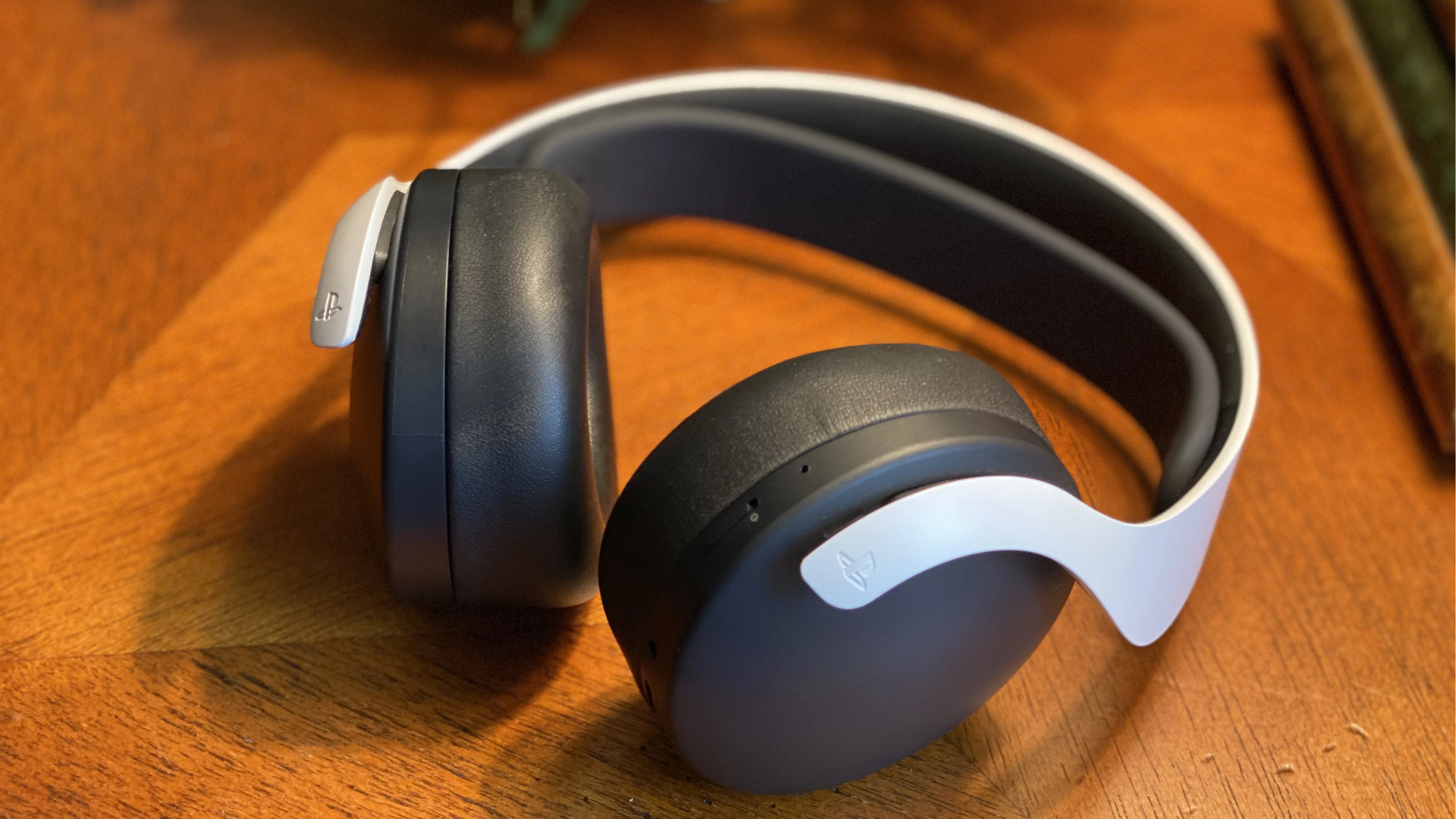
However, in recent years, we have seen some substantial progress and offerings made in the mid-range and affordable wireless headset category. Sony’s PS5 Pulse 3D headset and Microsoft’s Xbox Wireless headset are two great examples of this, with both offering excellent quality, and great value wireless experiences for less than $100 / £100. It’s a trend we’re seeing more now too with the likes of Turtle Beach’s Stealth 600 and 700 Gen 2 lines often dropping below that threshold, particularly during sales events.
Value for money is a little more nuanced given that when you pay for a premium headset, you really do get some world-beating features such as proper noise cancellation, a digital to analogue converter (DAC) with equalizer (EQs) to customize, companion software, ingenious battery solutions, and so on. You can get some of these features on expensive wired sets, but many, in helping to keep the cost down, won’t offer them - but will still offer simple and robust sets with good audio. And sometimes that’s all you need; a simple headset that can just plug in and go for any platform.
Gaming headset vs gaming earbuds - Verdict
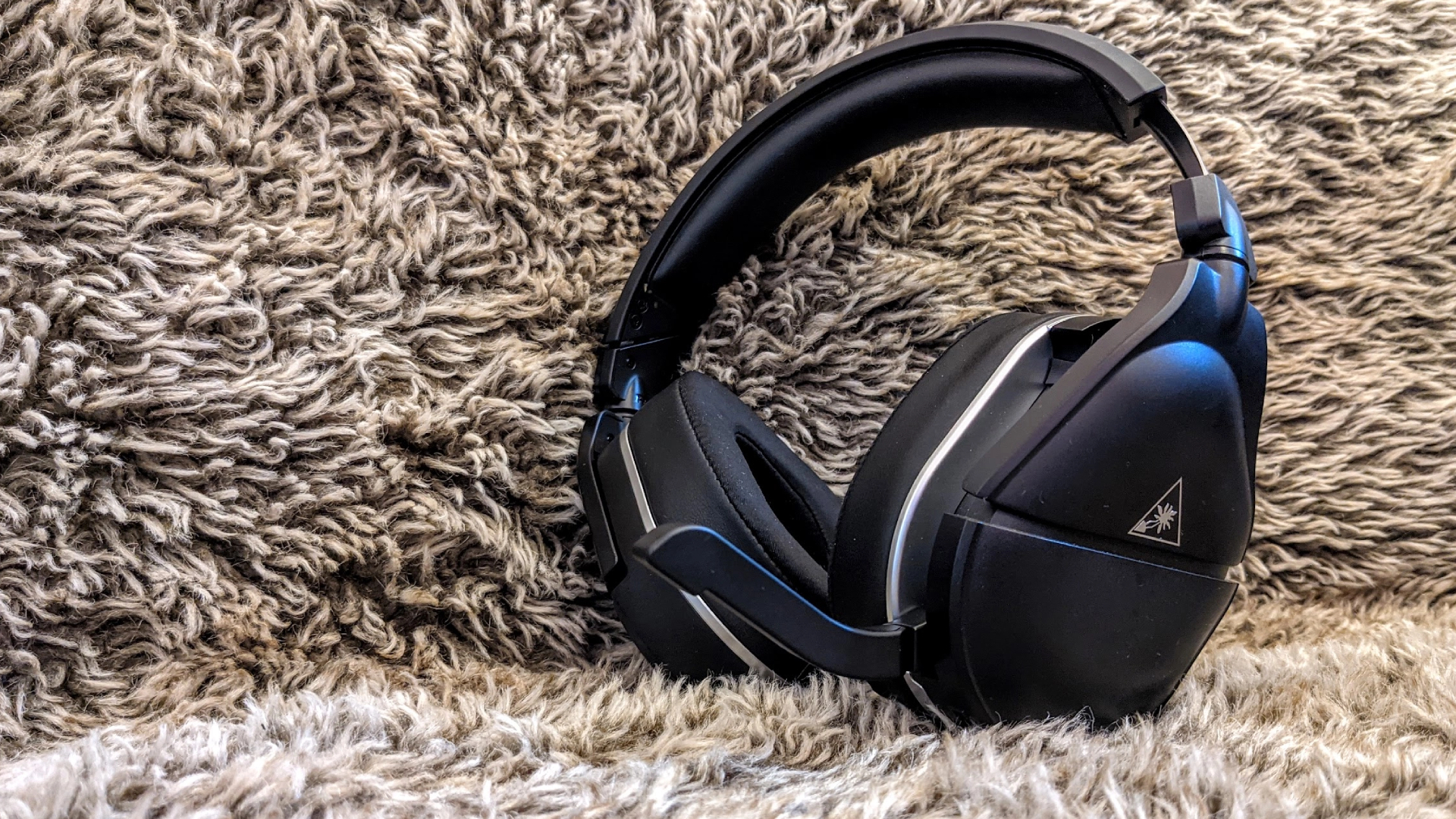
On balance, both kinds of gaming headsets are still great options. While it does feel as if the general direction of travel is for the majority of gaming peripherals to be going wireless, there’s still a place for a wired connection in 2024.
Personally, I favor the wireless headsets for a tidier setup and because the options are just so good nowadays; almost all connectivity problems or latency issues are no longer present and there are even great-value cord-free sets now. But on the other hand, wired sets still offer a lot, and their multiplatform versatility can’t really be matched by their wireless counterparts, and certainly not at the same great price points.
Buy a wired gaming headset if...
You’re working with a smaller budget
Aside from a handful of premium options, wired gaming headsets are always cheaper and easier on the wallet compared to their wireless counterparts.
You game across multiple platforms and want a headset that can service them all
A wired headset, particularly one with audio jack connections, can be used across almost every single platform so it will offer greater flexibility and compatibility.
You’re an audiophile who wants no compromise
There’s a robust argument that maintains better audio quality will come from a wired connection - particularly one that goes straight into the console or PC - so this may well be the better bet if you just don’t want to rely on any wireless connection that may have comprises to audio quality.
Buy a wireless gaming headset if...
You have a healthy budget
The fact remains that wireless headsets often demand a higher price of admission, so if you have the budget then a wireless gaming headset will provide a good option for your money.
You only play one one (maybe two) platforms
Wireless headsets are definitely worth investing in if you’re only a one-platform gamer - and can often cover you if you have a second too as many will cover.
You’re done with cable management
It’s easier than ever to cut the cord in gaming peripherals and gaming headsets are no different. If you have no interest in managing cables ever again then your options have never been greater for top-quality wireless gaming headsets.

Rob is the Managing Editor of TechRadar Gaming, a video games journalist, critic, editor, and writer, and has years of experience gained from multiple publications. Prior to being TechRadar Gaming's Managing Editor, he was TRG's Deputy Editor, and a longstanding member of GamesRadar+, being the Commissioning Editor for Hardware there for years, while also squeezing in a short stint as Gaming Editor at WePC just before joining TechRadar Gaming. He is also a writer on tech, gaming hardware, and video games but also gardens and landscapes, and has written about the virtual landscapes of games for years.